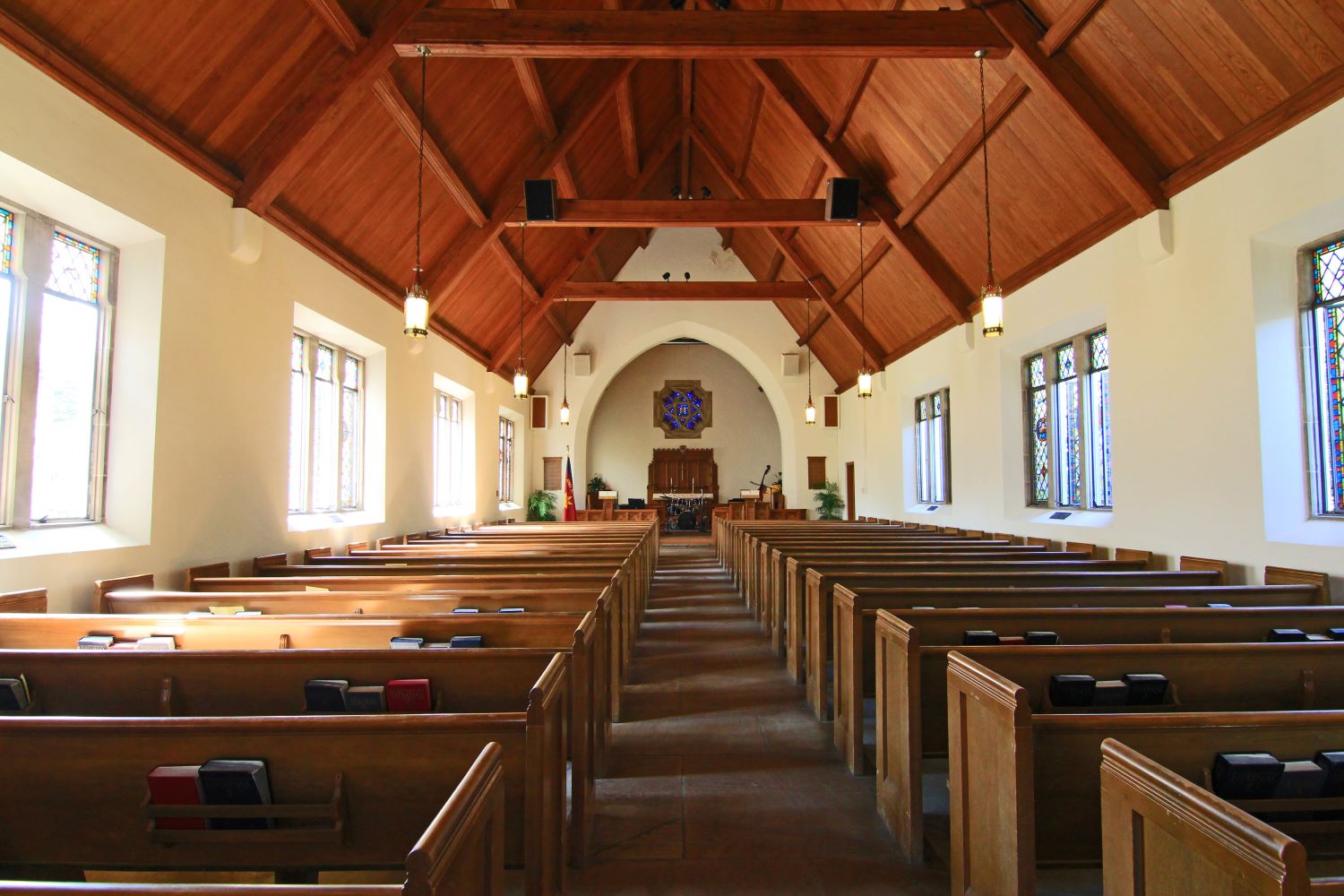Banner of Truth, Edinburgh, 1983, 316 pgs.
Summary: Thomas Watson (c. 1620–1686) was a Puritan, non-conformist, and godly preacher who co-pastored with Stephen Charnock (1628–1680). He preached a series of sermons on the Westminster Shorter Catechism which were then published after he is death as A Body of Practical Divinity.
 Charles Spurgeon (1834–1892) with the principal of his Pastors’ College, George Rogers, republished the work as the basic systematic theology of his college with an appendix on believer’s baptism. Banner of Truth republished the theology in three volumes: A Body of Divinity, The Ten Commandments, and The Lord’s Prayer.
Charles Spurgeon (1834–1892) with the principal of his Pastors’ College, George Rogers, republished the work as the basic systematic theology of his college with an appendix on believer’s baptism. Banner of Truth republished the theology in three volumes: A Body of Divinity, The Ten Commandments, and The Lord’s Prayer.
A Body of Divinity book is divided into sections following the order of the catechism and extends to question 38, “What benefits do believers receive from Christ at the resurrection?” Each section begins with a statement of the subject being considered—e.g., “Christ the Mediator of the Covenant”—a proof text, biblical explanation, theological development, responses to critiques, and then uses.
Uses are applications of the doctrine to the life of Christians:
Admire the glory of this Mediator: he is God-man, he is coessentially glorious with the Father…If Christ be the God-man in one person, then look unto Jesus Christ alone for salvation…Admire the love of Christ our mediator (165–167).
Thomas Watson’s command of English and his use of biblical analogies to illustrate theological truth is sublime. His rhetorical skills used to illuminate the meaning of Scripture and defend the faith is a gift of God to his church.
In general Watson represents mainstream Reformed thought as expressed by the Westminster rubrics. Yet, he does bring some theological nuances to the table that I’d like to highlight.
He allows for a common grace participation in the atonement for the unsaved:
Are they redeemed that are unreconciled to God, who hate God and his people (as the vine and the laurel have an antipathy), who do all they can to disparage holiness. Are they redeemed who are unreconciled? Christ has purchased a reprieve for these; but a sinner may have a reprieve, and yet go to hell. John v. 6. (213).
He appears to teach traducianism as the means by which original sin is transmitted:
Adam’s sin is ours by propagation. Not only is the guilt of Adam’s sin imputed to us, but the depravity and corruption of his nature is transmitted to us, as poison carried from the fountain to the cistern (143).
Traducianism is the doctrine that our souls are given to us from our parents through the act of procreation, and thus we inherit original sin. Creationism, the notion that the soul is created ex nihilo by God at conception, is more common outside of Lutheran circles.
Please note that Spurgeon’s recommendation of the entire book included the following caveat left out of the Banner of Truth edition:
As it would be uncandid to suppress any part of an author’s opinion, the chapter on Infant Baptism remains as it came from his pen; but our conscience could not allow us to issue it without inserting a statement of our own views as an appendix. We trust this method will commend itself to all; we knew not what fairer and more honest course to pursue [A Body of Divinity (reprint, Solid Ground Christian Books, 2016, London: Passmore and Albaster, 1878), v.]
Spurgeon’s words reflect better on himself than on the Banner of Truth editors who left out the above from Spurgeon’s approbations.
Benefits/Detriments: A Body of Divinity is an absolute jewel of an introduction to Reformed theology, wholesome Christian doctrine, and as an example of homiletics for doctrinal instruction.
The language could be somewhat obscure for moderns, but well worth the effort of overcoming. It does not deal directly with the skepticism of our age, problems caused by liberalism, or the natural sciences.
Excellent resource for high school students and pastors. Recommended as a part of Christian school or home school curriculum. Please keep in mind this was intended and remains a wholesome introduction for layman and early divinity students.
Shane Walker is preaching pastor at First Baptist Church in Watertown, Wisconsin. This post first appeared on the blog of Andover Baptist Church in Linthicum, Maryland.
